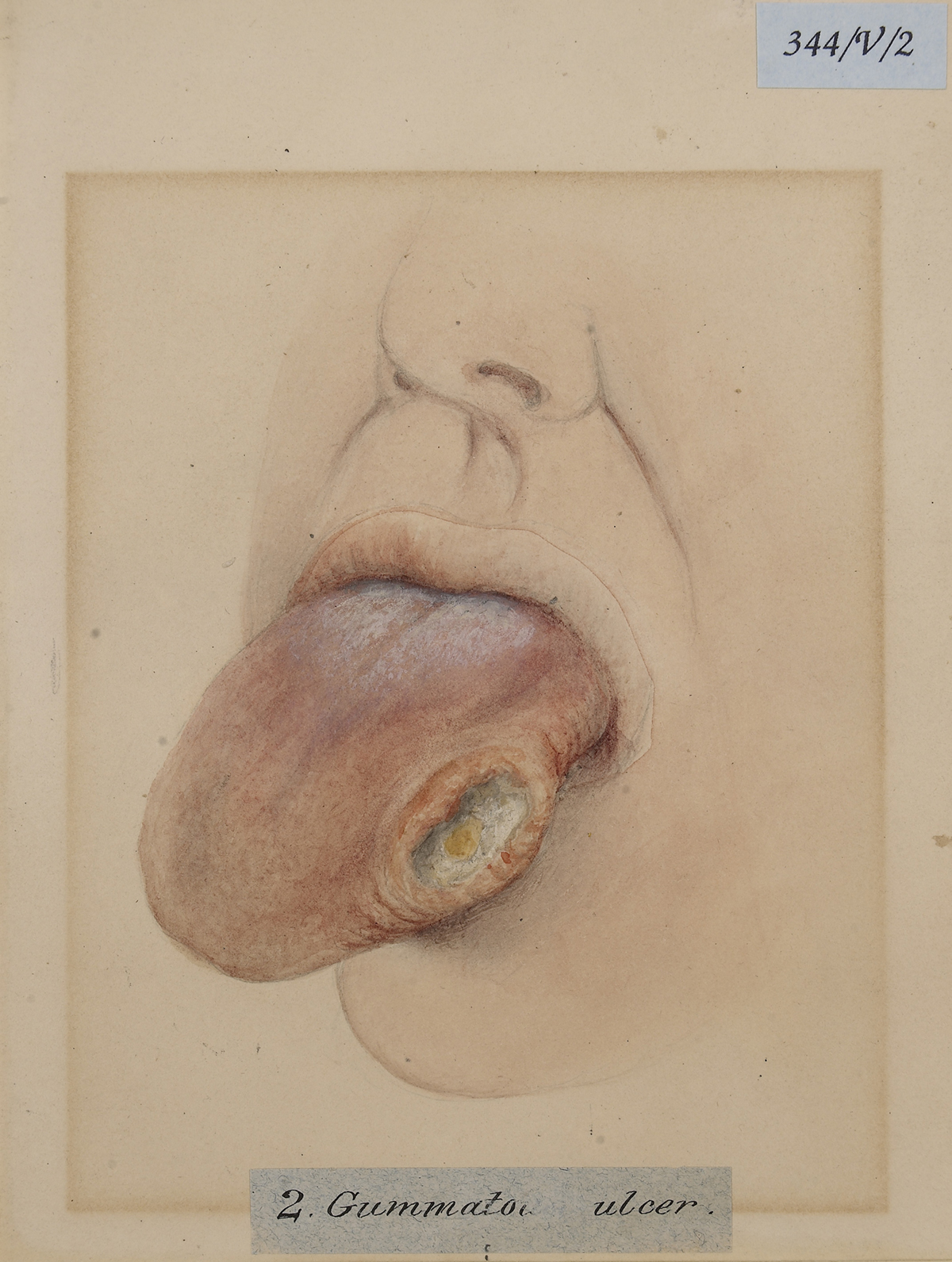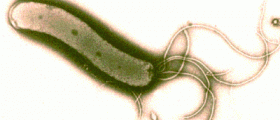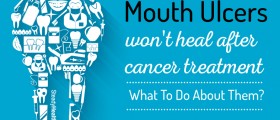
The tongue is a muscle situated on the floor of the mouth, and one of the most important sensory organs. It is a primary organ of taste and its upper surface is covered in papillae and taste buds. The tongue is highly sensitive and the saliva has the protective role to keep it moist and safe from irritation.
Many changes in look and function of the tongue might occur but one of the most widespread tongue problems are tongue, or aphthous, ulcers. Tongue ulcers are small whitish patches or abrasions on the tongue that are normally painless. However, ulcers sometimes progress and turn into dark red color while bleeding and causing the damage to the tongue. This is when ulcers become painful causing a burning sensation in affected areas of the tongue.
Patients suffering from tongue ulcers often complain about discomfort and irritation while eating or talking.
Causes
Tongue ulcers most commonly occur owing to unhealthy living, eating or drinking habits. Foods and beverages that are too hot or too cold may be extremely dangerous to the tongue and cause severe irritations. Spicy food may also damage the surface of the tongue causing the outbreak of ulcers. Not eating food on time or having it at irregular intervals may also increase the risk.
Certain life-style factors are associated with risk of developing tongue ulcers. For example: improper oral hygiene (especially brushing and flossing) may lead to growth of tongue ulcers, corrosive substances in toothpastes and mouthwashes or not having enough of quality sleep. The abuse of cigarettes and alcohol is also considered to be one of the most possible causes.
Some other medical conditions may also provoke tongue ulcers. It is known that in some cases ulcers on the tongue form as a result of having a stomach or peptic ulcer. Other medical conditions that may cause tongue ulcers are: canker sores, mouth ulcers, mouth cancer, mouth conditions, gingivostomatitis, constipation, histoplasmosis, herpes, tuberculosis, tongue cancer, and stomach cancer.
Treatment
The intake of B-complex vitamins is most often recommended as a method of prevention as well as in the process of healing the ulcers. The direct application of glycerin on the affected surfaces may also show significant positive results. Other natural self-help methods include application of butter directly on ulcers, using a gargle solution of salt and warm water, eating ripe papayas or a tablespoon of coconut oil daily.
The most important thing is that tongue ulcers aren’t dangerous and they can be cured quickly and effectively.
















Your thoughts on this
Loading...